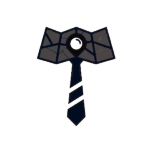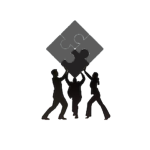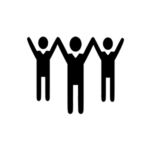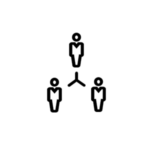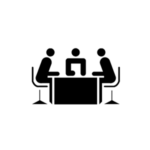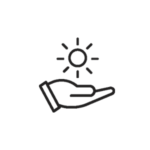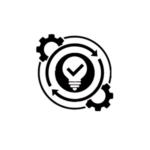
Home > LEARNING AND DEVELOPMENT > TEAM PROGRAMS
Team Programs
Using Belbin’s concepts, this program assists members to understand processes going on within teams, understand the ingredients that make for great teams, measuring effectiveness on various aspects of team performance, identifying excellence and improvement areas, the stage of development the team is in, and moving them to maturity stage. It helps the team members navigate difficulties in bonding with greater awareness of their progress towards goals.

